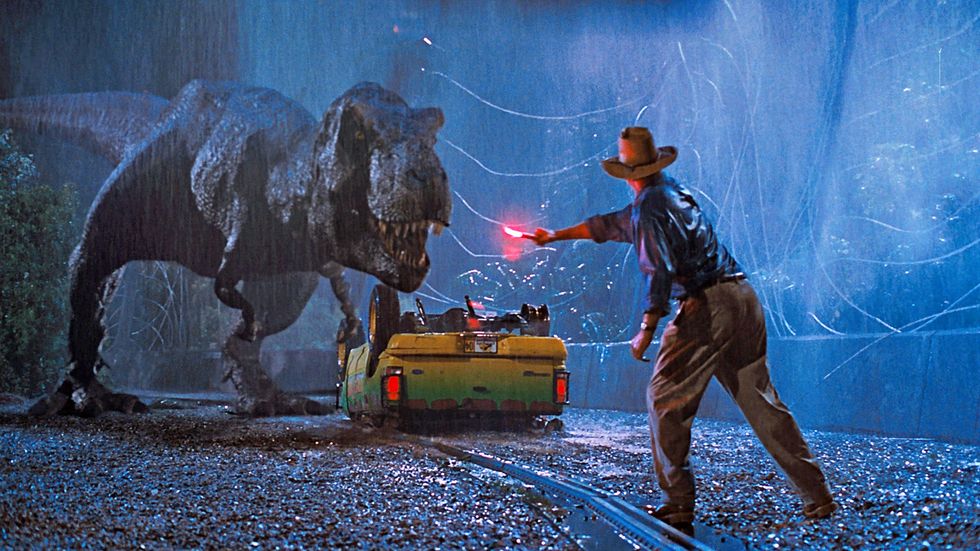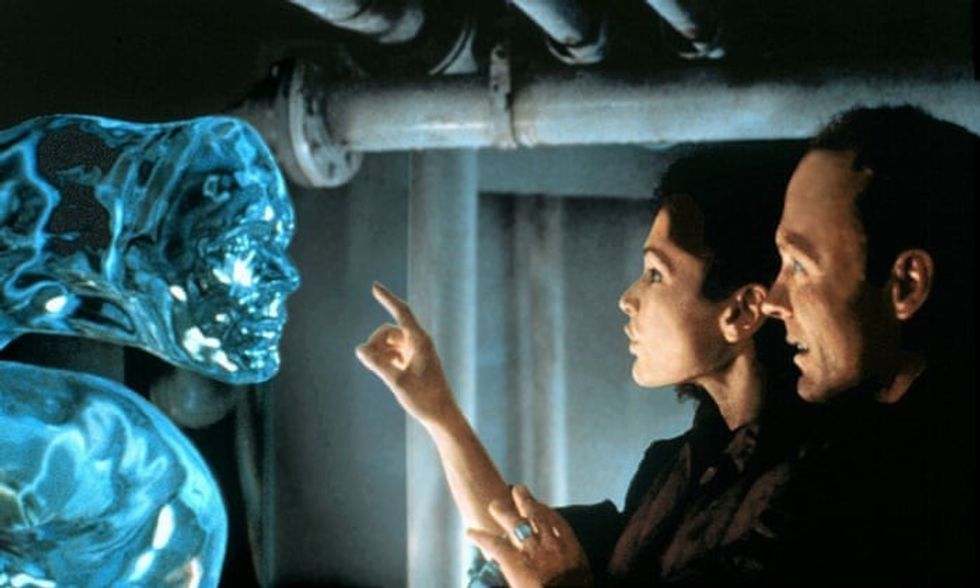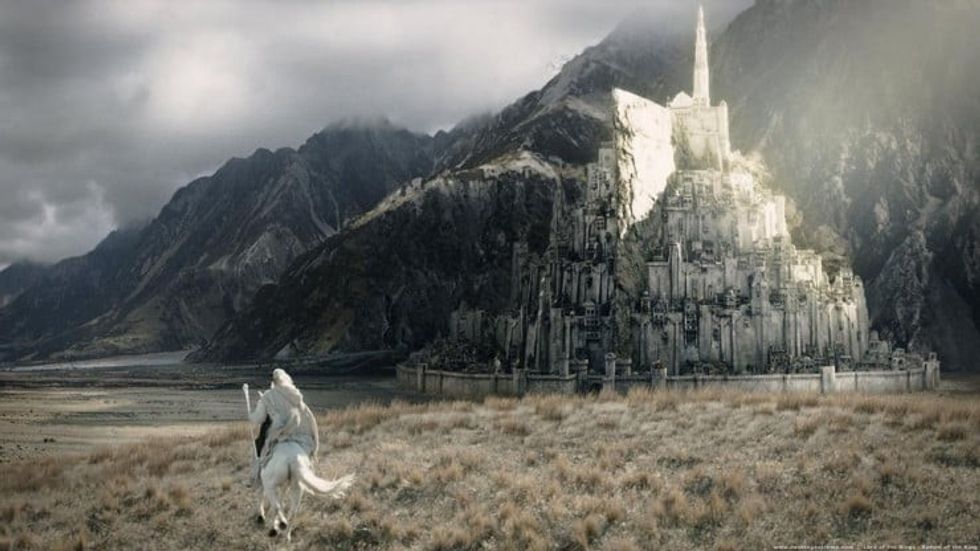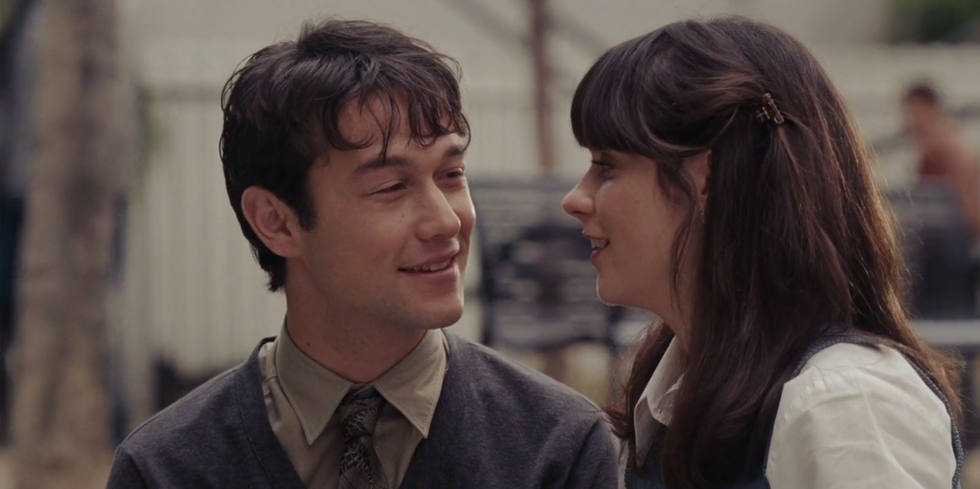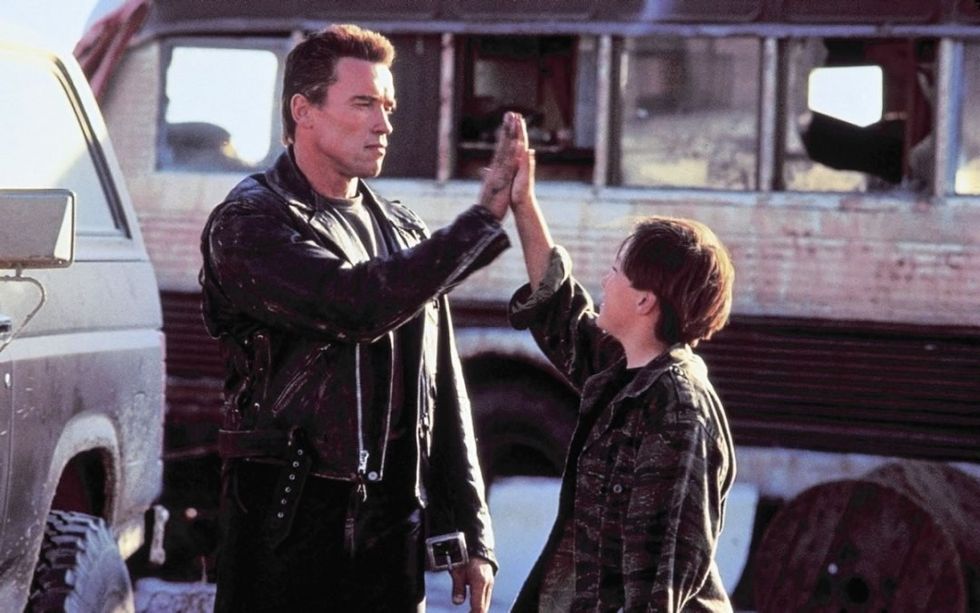Filmmaking Fallacies We All Need to Put to Bed
There are a lot of misconceptions about filmmaking that can make life hell when you're first starting out.
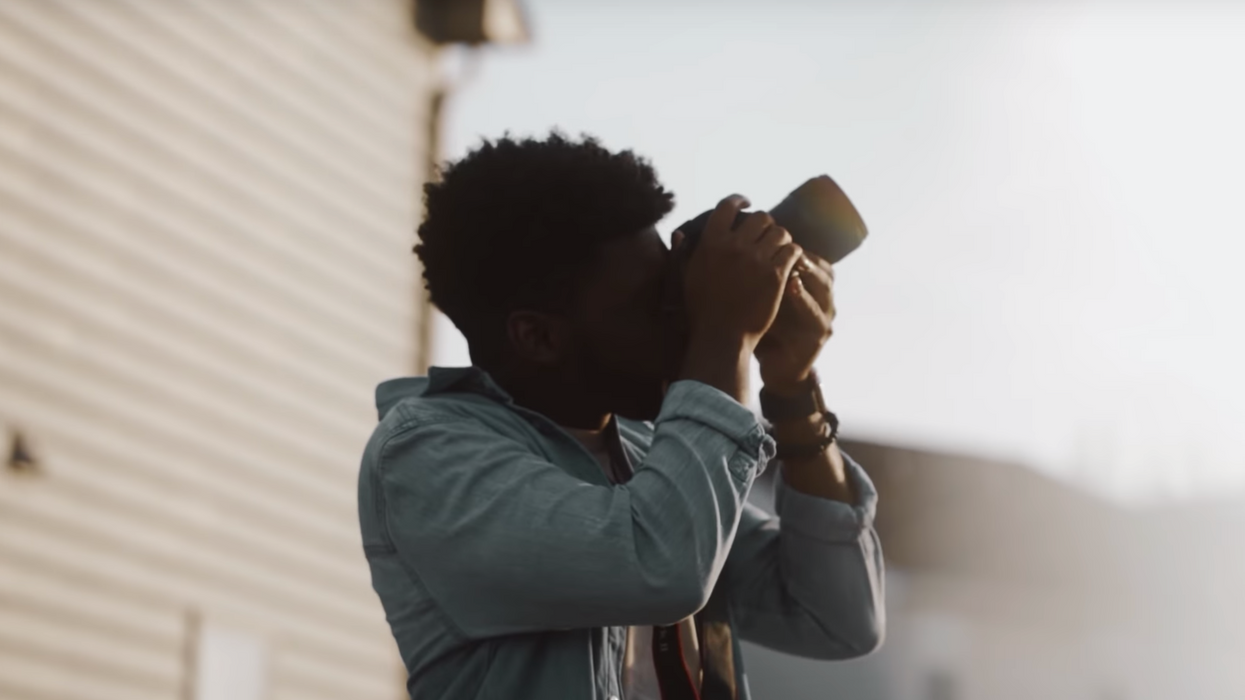
Filmmaking as a newbie looks and feels much different than it does when you have some experience under your belt.
The years of making do with less time, money, and resources...
The surefire plans that crumble right when you arrive on set...
The questionable sums you get after adding A to B and not getting C...
All of these things and more give you a clearer picture not only of what filmmaking actually is but what it could've been when you first started out.
So, let's go over some common misconceptions beginners have about making movies so we can spend time forging paths rather than backtracking through them.
Chrystopher Rhodes of YCImaging goes over five of his own in the video below, so let's start there.
Let's quickly go over the misconceptions, or "lies" as he puts it, that beginners often have (or believe) about filmmaking.
A good camera will make you a good filmmaker
Classic. I believed this. You probably believed this. When we see our cinematic heroes shooting on these enormous cameras with all the bells and whistles—monitors, battery packs, matte boxes, wires, cables, cords, and a lens the size of a full-term newborn baby—it's easy to think, "I want to be as good as them. They shoot on that camera. Therefore, I need that camera to be as good as them."
But you don't. You camera specs matter so much less than you might think. What actually matters is your own ability to tell stories visually with the tools you have at your disposal. Those tools include writing, lighting, editing, camera movement, costuming, set design, sound design, and so much more. Don't sweat your T3i or your phone. Does it shoot video? Yes? Then you're good.
You don't need good lighting if your camera shoots good low light
When the a7S came out in 2014, people were losing their shit because it could basically see in the dark. I was one of those people and I literally thought, "Sweet! Maybe this means I don't have to worry so much about lighting."
That's kind of half true. Sure, if you're shooting a doc out in the middle of nowhere and you don't have a whole lot of light to work with, yeah, a camera that has high dynamic range is going to help you expose scenes without being left with a ton of grain.
However, if you're shooting a scene in your living room and think you don't need to set up any lights because "Dude, my camera can basically see in the dark," you are missing the point of that feature...and lighting in general. Lighting doesn't just help you expose an image, it also helps you tell stories. Shaping light and creating a specific look is pretty much the basis of filmmaking.
Less gear creates limitations...which are bad
When I shot my first music video, I brought my jib, a gimbal stabilizer, and pretty much every other random piece of gear I could so I could throw all my tricks at it.
Guess what...ten minutes into using that gimbal (which was a one-hander by the way), I threw it into the case and never took it out again. And that jib? I used it for one shot. And did this project turn out to be my best cinematographic work? Hell no. In fact, my favorite projects are actually the random ones I've shot in black and white on my iPhone without any stabilization.
Now, let's get this straight: gear can help open new doors to your creativity. I'm not like...against gear, fam. I'm just saying if you don't have gear, don't you dare think that you are somehow at a disadvantage...you're differently-vantaged. The limitations force will force you to be creative when you want to get a certain shot. So, don't let fancy gear fool you into thinking that they'll do the work that you're supposed to be doing as a creative.
You have to live/shoot in big cities to make it
The misconception is that in order to have high-quality work, you need to live/shoot in big cities or famous locations. No, honey. Let's break both of these down:
- Big City Shootin': A talented filmmaker can make their bathroom look amazing. A mediocre filmmaker can make the Empire State Building look uninspired. Point. Blank. Period.
- Big City Livin': Even though filmmaking hubs like NYC and LA offer many unique opportunities, that doesn't mean you can't grow where you're planted. That's a lesson I've struggled with my entire career, but I've learned not to delegitimize my craft, my career, or myself just because I live in a place that isn't buzzing with cinematic activity.
What are some misconceptions about filmmaking you realized you had as you gained more experience? Let us know down in the comments.
Source: YCImaging




